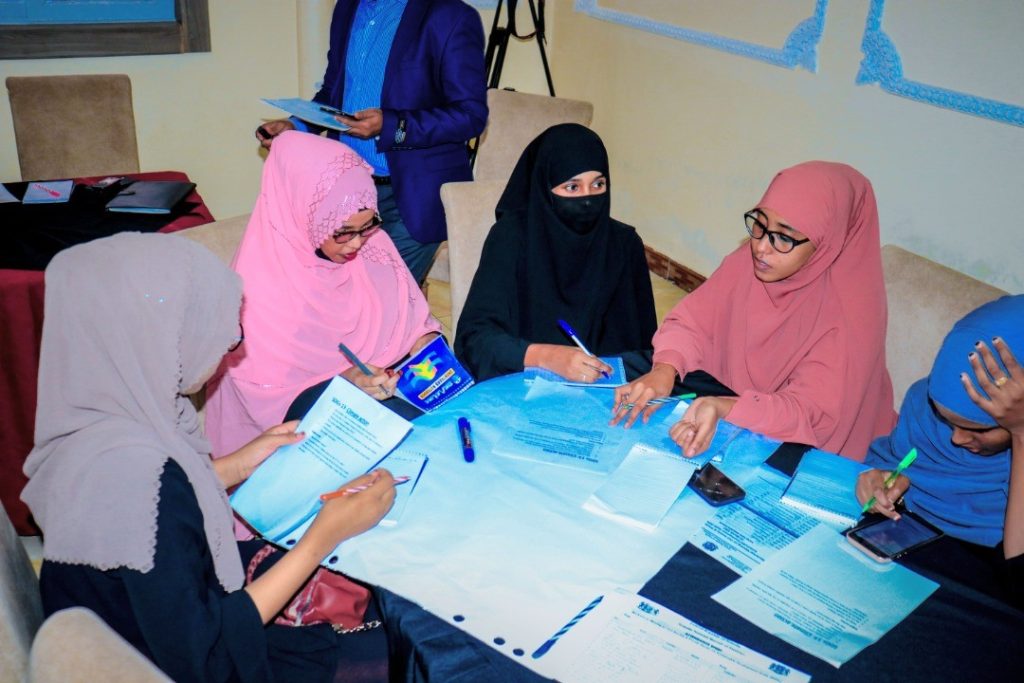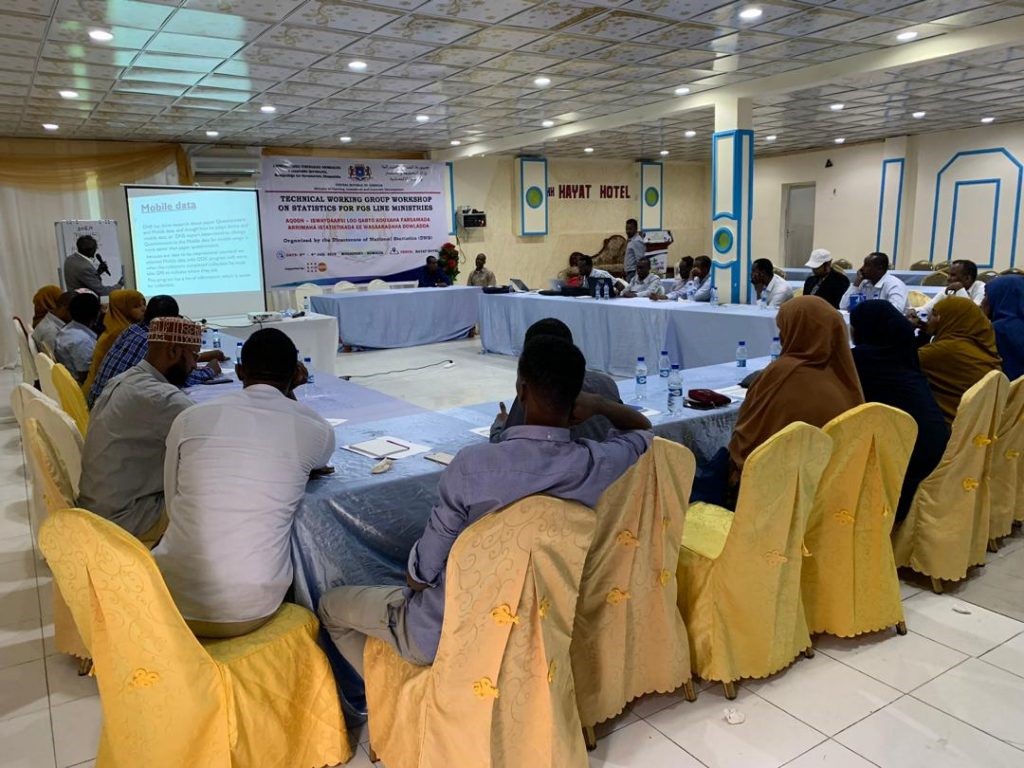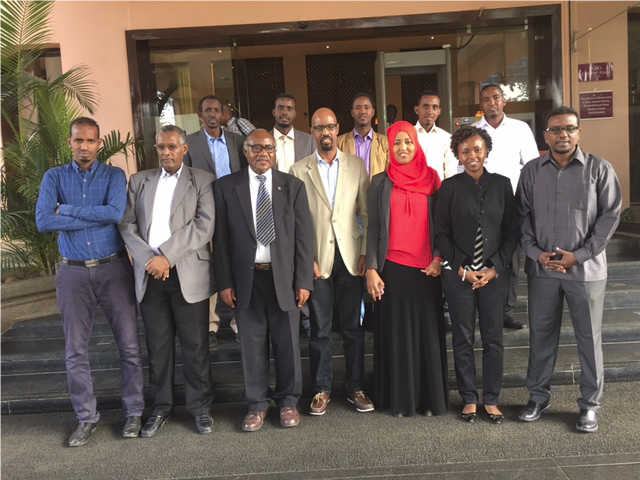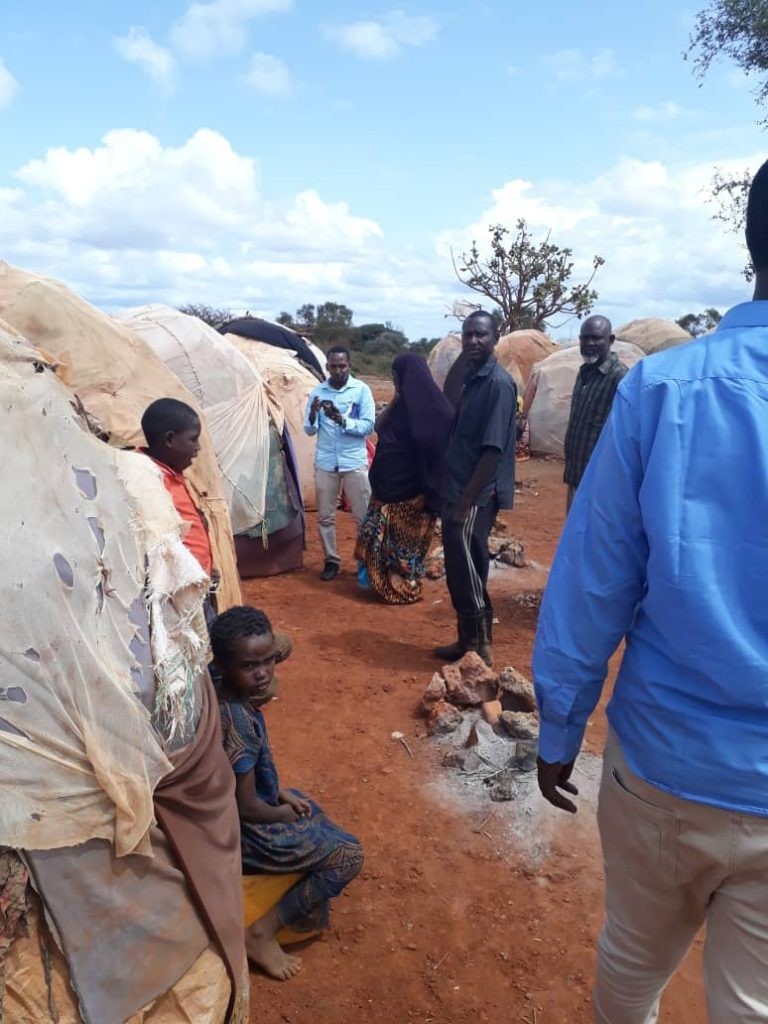Somali Population and Housing Census Launched
Press Release…
Federal Republic of Somalia, Somali National Bureau of Statistics. Somali Population and Housing Census Launched. The first census in decades is scheduled to be conducted in 2024.
Mogadishu, Somalia, Tuesday, May 2, 2023 – The Federal Government of Somalia has announced the launch of the 2024/25 Population and Housing Census. The census is a critical exercise that will allow the Somali government to plan and implement policies and programs that meet the needs of its citizens. The lack of up-to-date information about population and housing has made it difficult for policymakers to make informed decisions about the country’s development needs. The new census is seen as a crucial step in planning poverty reduction strategies and economic development for the country.
The official launch of the Population and Housing Census Somalia was led by His Excellency Salah Ahmed Jama, the Deputy Prime Minister of the Federal Republic of Somalia. The event was also attended a number of Federal Ministers, Federal Member State Ministers of Planning, SNBS Director General and the Deputy DG , other senior government officials, ambassadors, long standing partners and supporters of the Somali Government, the civil society organization and the media.
Speaking at the launch event in Mogadishu the Deputy Prime Minister, H.E Salah Ahmed Jama expressed his delight at the launch of the historic event noting that the Somali Government is committed to taking all steps that are requisite for the organization of a credible census exercise that will inform critical policies guided by accurate and verifiable statistics. The DPM lauded the role of international partners to work closely with the Somali Government in the realization of the first national census exercise in half a century.
Mogadishu Mayor and Governor of Benadir Regional Administration Hon Yussuf Hussein Jimaale, alias Madaale, underpinned the significance of the exercise and expressed full commitment towards its realization.
Also speaking at the event, Federal minister for Planning, Investment and Economic Development stated, “National census is a key tool for ensuring that we have accurate and up-to-date data on our population and housing needs. This will enable us to plan and implement development policies and programs that will improve the lives of all Somali citizens.”
According to the Somali National Bureau of Statistics, the census will be a comprehensive exercise that aims to collect vital information about the country’s population, including demographic data, social and economic characteristics, and housing conditions. The data gathered during the census will help to inform the allocation of government resources and determine funding levels for critical programs such as healthcare, education, and social welfare. The Population and Housing Census will also play a crucial role in the ongoing efforts by the Federal Government of Somalia to finalize the constitution and democratization process.
The SNBS Director General who emphasized the significance of the census to the Nation and dwelt on the process noted that it will be conducted by trained professionals, collecting data throughout the country and carrying out in-person visits. Every household will be recorded, and information will be collected about the number of people living in the household, their ages, sex, educational attainment, and employment status, as well as information about the housing conditions and infrastructure available in the household. The census will be conducted by the National Bureau of Statistics, with support from the United Nations Population Fund and other international partners.
Somali citizens are urged to participate in the census and provide accurate information, as this will be crucial for the government’s planning and development efforts. The government has assured citizens that all information collected will be kept confidential and used only for statistical purposes.
For more information on the census: Please visit the National Bureau of Statistics website at www.nbs.gov.so. Contact the Bureau on snbs@nbs.gov.so or abukar@nbs.gov.so
Support the Census for our prosperity.
Somali Population and Housing Census Launched Read More »
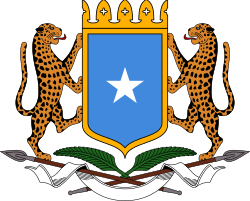

 economic sectors thereby enabling the production, dissemination and use of administrative and official statistics. The Deputy Minister, Hon.Fahma Ahmed Noor had moment of speech deliverance and through her address, she emphasized the importance of statistics as well as the role ministry of planning in both economic and social development sectors in the country.
economic sectors thereby enabling the production, dissemination and use of administrative and official statistics. The Deputy Minister, Hon.Fahma Ahmed Noor had moment of speech deliverance and through her address, she emphasized the importance of statistics as well as the role ministry of planning in both economic and social development sectors in the country.